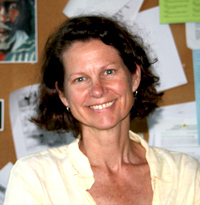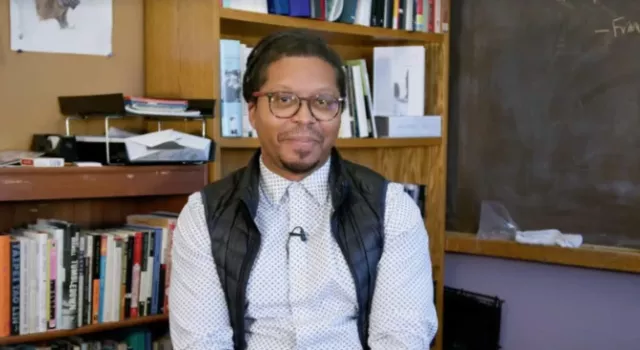Collaboration Brings Research Full Circle

Professor Conlisk has extensive public health experience at the local, state, federal, and international levels with previous appointments at the Instituto de Nutricion de Centro America y Panama and the Centers for Disease Control.
 Elizabeth Conlisk, associate professor of public health, is an epidemiologist with a Ph.D. in international health and nutrition from Cornell University.
Elizabeth Conlisk, associate professor of public health, is an epidemiologist with a Ph.D. in international health and nutrition from Cornell University.
Professor Conlisk has extensive public health experience at the local, state, federal, and international levels with previous appointments at the Instituto de Nutricion de Centro America y Panama and the Centers for Disease Control.
At the CDC, Conlisk worked primarily in the area of cancer control and prevention, including a breast and cervical cancer screening program for low-income women.
For the past eight years Conlisk has been working with Hampshire alum Miriam Cremer 87F, a gynecologist who founded a cervical cancer screening and research program in El Salvador. They co-teach a January term course in which students spend a week in El Salvador, helping local physicians provide screening and follow-up in rural communities.
Conlisk also works with Dr. Cremer on the design and analysis of research into alternatives to the traditional Pap smear for low-resource settings.
Conlisk notes that this collaboration "has brought my research full circle. My graduate work in international health and CDC research on cervical cancer screening has allowed me to step right into Miriam's service and research program."
Their research has resulted in two publications in the International Journal of Obstetrics and Gynecology (one of which was first-authored by Division III student Anne Marie Borchelt 01F) and one in the New England Journal of Medicine.
It is unusual for a small liberal arts college like Hampshire to have an epidemiologist on the faculty, but Professor Conlisk finds it to be a great fit. Epidemiology attracts students who are interested in the community and social justice dimensions to health as well as the biologic and clinical, and encourages them to draw from a wide array of disciplines: anthropology, economics, psychology and the medical humanities, in addition to the core sciences.
As evidence of their high level work, Professor Conlisk notes that 12 of her students have presented their Division III research at national professional meetings.



